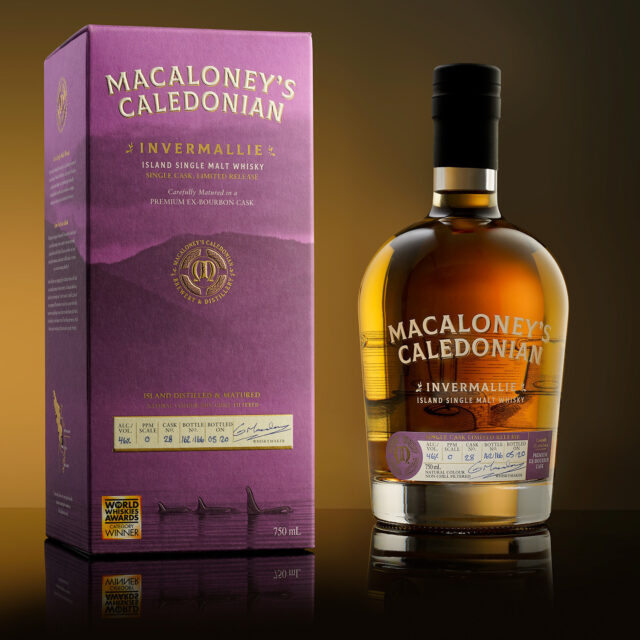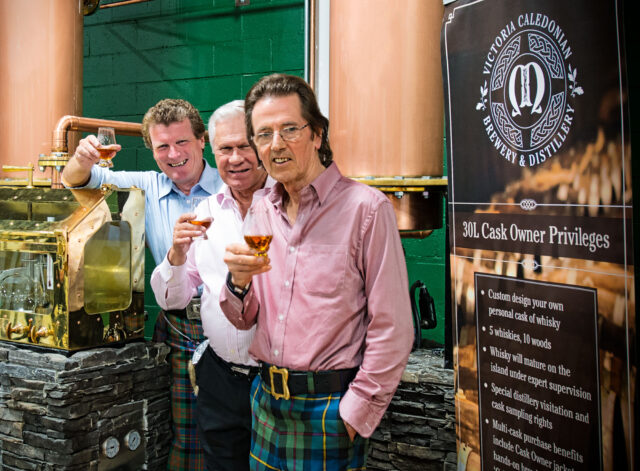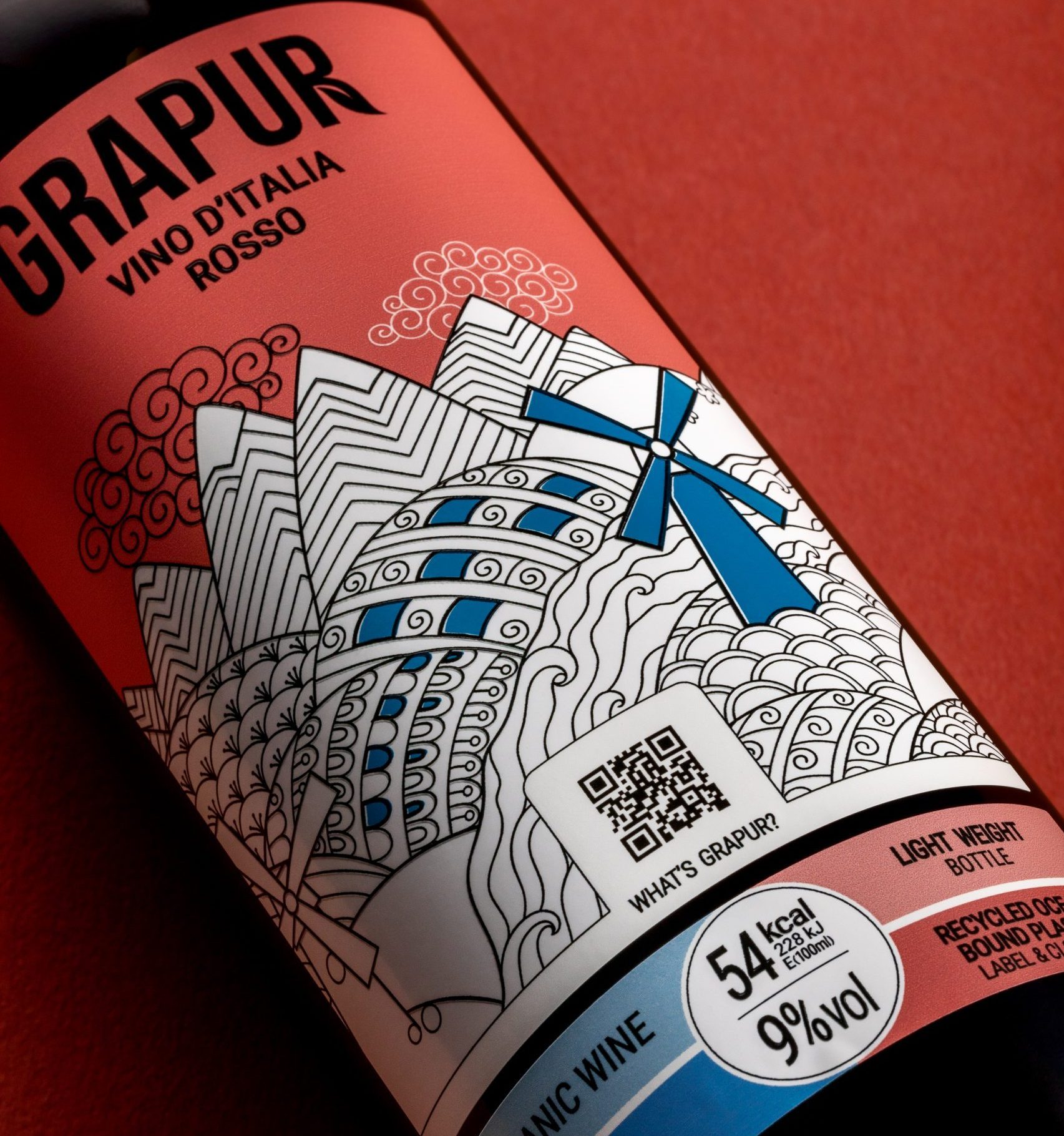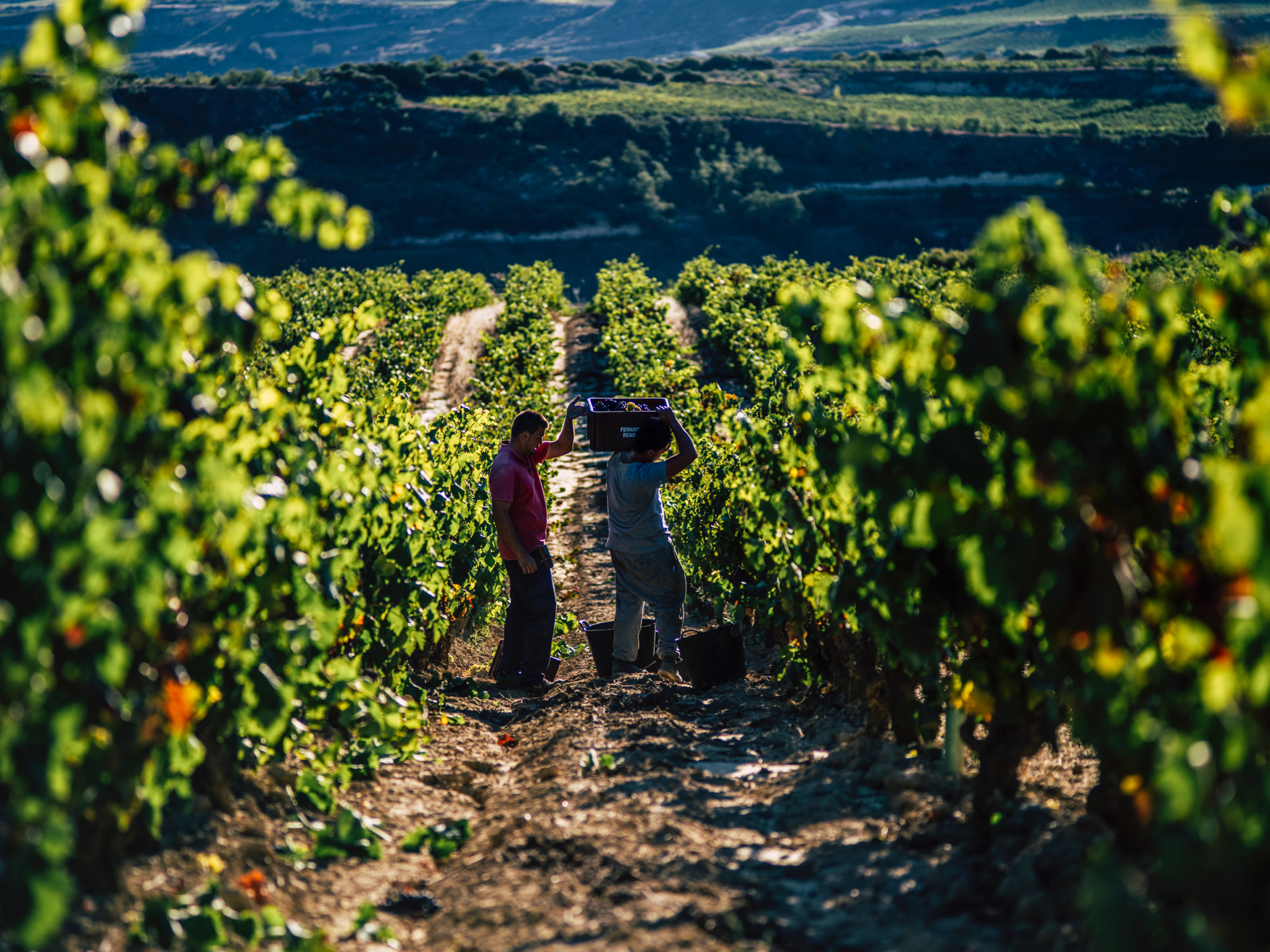SWA and Whyte & MacKay file lawsuit against Canadian whisky distiller
The Scotch Whisky Association (SWA) and Glasgow distiller Whyte and MacKay have filed a lawsuit against a Canadian whisky maker over its alleged misleading branding.

As reported by Glacier Media, the lawsuit has been filed against whisky producer MacMhaol-Onfhaidh (Macaloney) Brewers and Distillers, which also goes by the name of Victoria Caledonian Distillery and Twa Dogs Brewery.
Reports state that a suit was filed against the Canadian distiller on 5 March, which contains claims that the producer’s branding misleads consumers into believing the product is made in Scotland.
The document filed at the British Columbia Supreme Court reads: “The plaintiffs do strongly object to the defendant’s misleading branding and marketing of its whiskies, which confuses consumers, prejudices makers of genuine Scotch whisky and dilutes the distinctive character and reputation of the Scotch whisky geographical indication in Canada.”
The SWA claimed it had first contacted president of the company, Graeme Macaloney, about its concerns last January.
A spokesperson from the Scotch Whisky Association told the drinks business: “In this instance, we have objected to the company’s use of certain words and terms that are strongly associated with Scotland on their whisky products. We never take legal proceedings lightly, and the SWA is always open to a resolution which protects both the Scotch whisky trade and consumers without the need for additional legal action.”
The spokesperson added: “The SWA consistently takes action in our global markets to prevent the use of Scottish indications of origin on whisky which is not Scotch whisky. This is vital to protecting both Scotland’s national drink and to ensuring that consumers across the world are clear about whether or not they are buying whisky that is produced in Scotland. It’s critical to us to ensure that spirits producers in other countries do not take advantage of the quality reputation of Scotch whisky that our industry has built up over decades. It is important that anyone who wants to purchase a bottle of Scotch whisky can do so with the confidence that what they are buying is authentic, and that products which aren’t Scotch whisky are clearly differentiated.”
The SWA is seeking to have certain descriptors and names – which it believes imply the product is made in Scotland – removed from branding and packaging used by the whisky producer.
Scotsman Graeme Macaloney, who has a PhD in fermentation engineering, began producing whisky at his Canadian distillery in 2016 with the help of former Diageo master distiller Mike Nicolson and the late Dr. Jim Swan. The distillery released its first single malt whiskies at the end of last year.
Macaloney told the drinks business that the SWA is contesting use of terms including ‘Macaloney’, ‘Caledonian’, ‘Glen’, ‘Inver’, and ‘island whisky’, which it claims constitute the equivalent of calling the product Scotch whisky.
In a statement sent to db, Macaloney says that in 2016, his company contacted the SWA to “understand their label requirements, and at that time were open and transparent about branding with ‘Macaloney’ and ‘Caledonian’.”
He claims that the SWA did not object to the use of these names at the time.
Partner Content
The statement continued: “Since 2019, we started winning World Whiskies Awards (WWA) gold medals and responded to SWA’s request in late 2019 to describe our master distiller not as a ‘Scotch master distiller’ but as a ‘Scottish master distiller’. We also agreed to prominently display ‘Canadian’ on our whiskies. Our labelling and packaging identify our products as Canadian, and our distillery in Victoria, British Columbia. Our premium whiskies also have a map of Vancouver Island prominently displayed on the packaging.”

“We are proud to celebrate our heritage including the Scottish ancestry of our founder and the story of his family, and firmly believe we have the right to do so in a way that celebrates both that history and reputation as a leading Vancouver Island craft distillery.
“We do not, and never have used the geographic indicator ‘Scotch whisky’ on our Canadian products and strongly disagree with the SWA lawsuit’s assertion that our use of ‘Caledonian’, ‘Macaloney’, and other terms including ‘Glen’ ‘Inver’ and ‘island whisky’ are alternatives synonymous with Scotch whisky.”
Macaloney also told db: “Like many ex-pat Scots we are proudly Scottish and are always looking for opportunities to give back to Scotland. For our part, we went to the Forsyth’s family run copperworks in Rothes in Speyside. Also, a major supplier of our barrels is Speyside Cooperage in Craigellachie, Speyside, thereby helping sustain jobs in the Highlands of Scotland.”
The SWA is well-known for its active promotion and protection of the interests of Scotch whisky producers both in the domestic market and overseas. Most recently it has secured GIs and trademarks for Scotch whisky in markets including Laos, Cambodia, South Korea, South Africa and New Zealand.
[Edited 22/03/2021 with clarification about the terms the SWA objects to, as well as comments from Macaloney]
Read more:
SWA WINS LONG-RUNNING BATTLE AGAINST GERMAN DISTILLERY
SWA SUES LIQUOR COMPANY OVER FAKE SCOTCH CLAIMS
SCOTCH WHISKY ASSOCIATION LOSES TARTAN TRADEMARK BATTLE IN SINGAPORE




